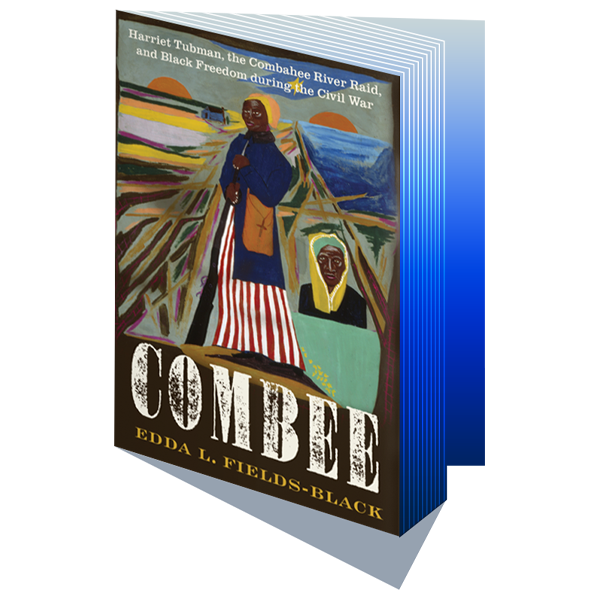
#WOTY23
Oxford Word of the Year 2023
Following a gripping head-to-head contest which saw the public vote on eight contenders, our experts have crowned rizz as Oxford Word of the Year 2023.
Latest Thinking
Explore our latest thinking across a wide variety of subjects and knowledge from all over the world.
Word of the Day
You’ve found Oxford’s Word of the Day!
Come back soon to learn something new.












